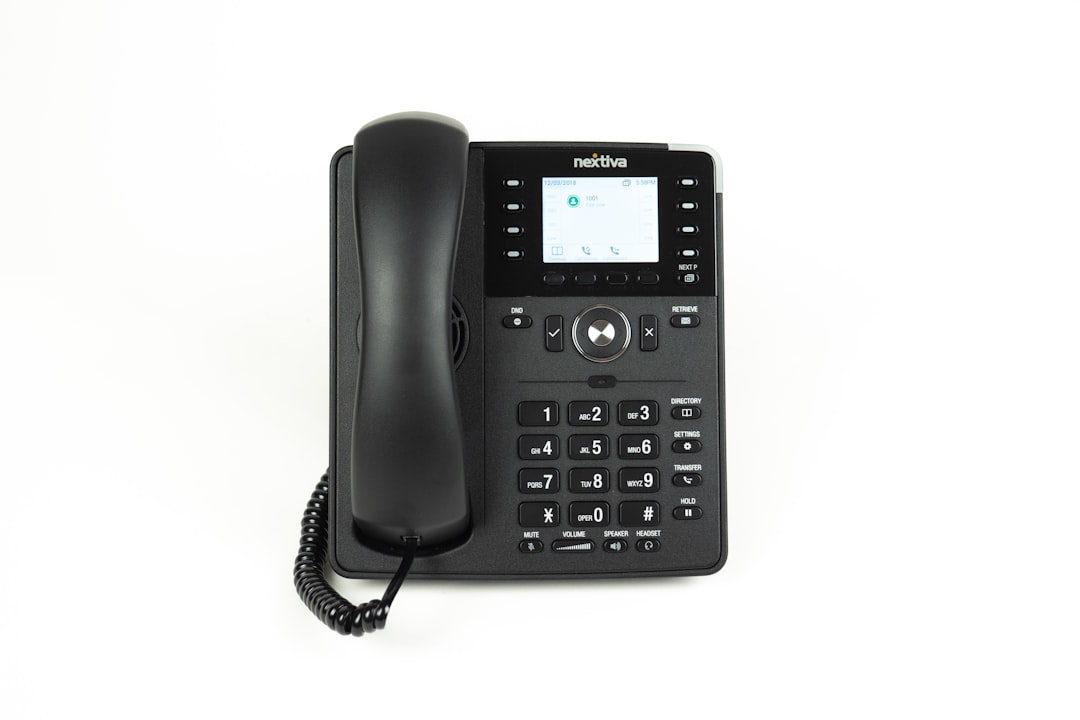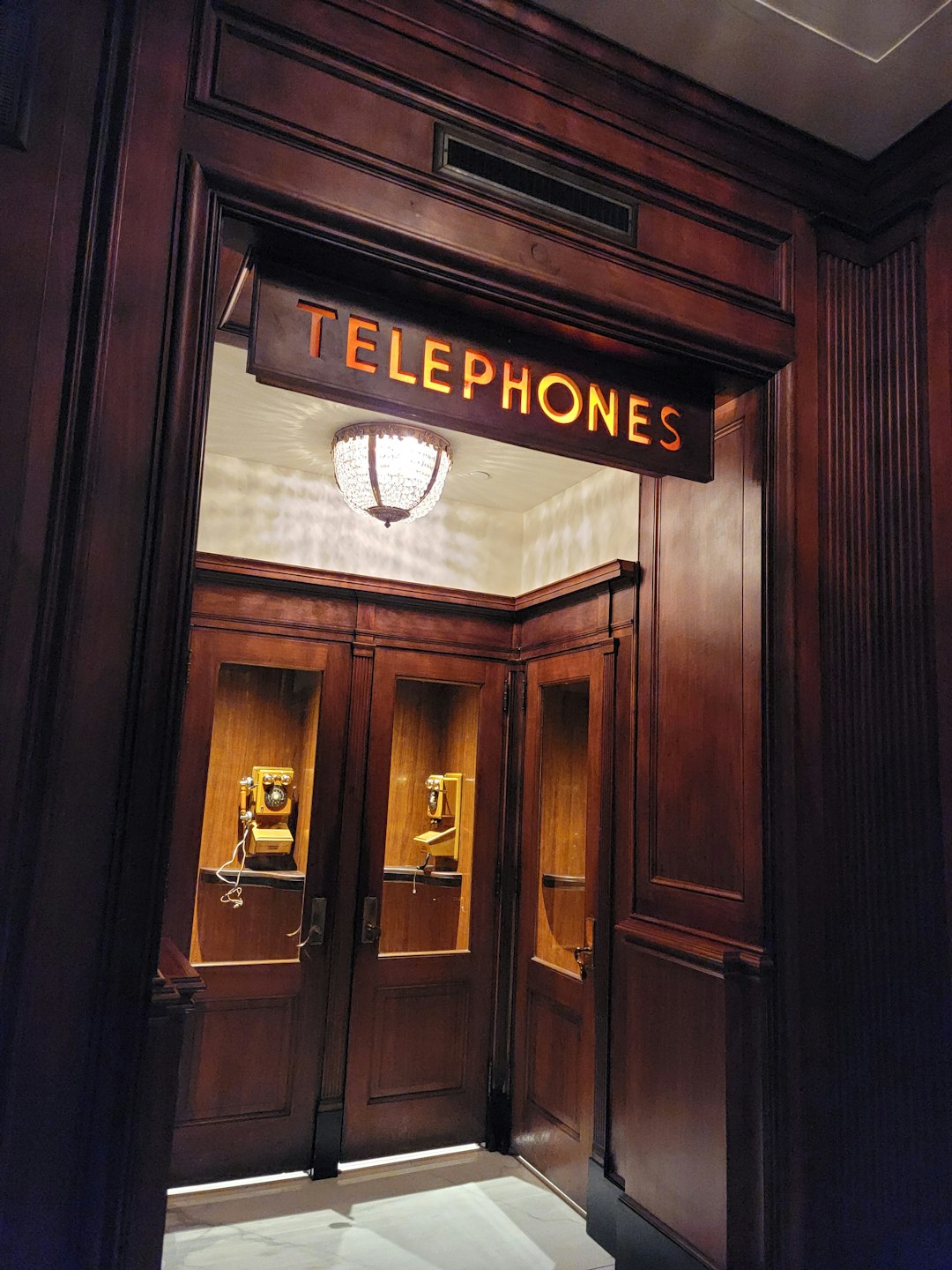Chicago has implemented stringent spam texts laws to protect consumers from intrusive marketing messages, focusing on explicit consent and opt-out options for bulk text campaigns. These regulations aim to curb nuisance messaging, empower residents to control communication preferences, and foster a secure digital environment. Businesses must adhere to these guidelines, prioritizing customer privacy, consent, and transparent practices to avoid legal penalties and build trust. Consumers can report violators, seek compensation, and request cessation of spam texts through the Chicago Department of Business Affairs and Consumer Protection (BACP).
Chicago’s strict spam text laws and consumer protection guidelines are designed to safeguard residents from unwanted and fraudulent messaging. This article delves into the intricacies of these regulations, targeting who they protect and what restrictions are in place for businesses. We explore consumer rights and remedies, offering insights on navigating Chicago’s spam text landscape. For businesses, we provide best practices to ensure compliance, fostering trust with Chicago consumers. Understanding these laws is crucial for both parties to avoid penalties and maintain a harmonious relationship.
Understanding Chicago's Spam Text Laws: An Overview

Chicago has implemented strict regulations to combat unwanted spam texts, aiming to protect consumers from intrusive and misleading messaging. These laws are designed to safeguard individuals from unsolicited text messages that promote goods, services, or promotions. The primary focus is on preventing abusive practices and ensuring transparency in marketing communications.
The spam texts laws in Chicago outline specific requirements for businesses sending text messages en masse. This includes obtaining explicit consent from recipients before initiating any marketing campaigns and providing an easy opt-out mechanism within each message. By adhering to these guidelines, businesses can foster trust with their customers and avoid legal repercussions associated with spamming.
Who Does Chicago's Spam Protection Guidelines Target?

Chicago’s spam protection guidelines are designed to safeguard consumers from unwanted and fraudulent text messages, commonly known as spam texts. These regulations primarily target businesses and individuals who engage in sending mass text messages for marketing or promotional purposes. The laws aim to curb the practice of unsolicited spam texts, which can often be annoying, deceptive, or even harmful to recipients.
The guidelines specifically focus on protecting Chicago residents from various forms of abuse, including advertising, sales promotions, and telemarketing attempts via text messages. They ensure that businesses obtain explicit consent from consumers before sending any promotional content, setting clear boundaries for responsible marketing practices. By targeting spam texts laws in Chicago, the city seeks to create a more secure and user-friendly environment for its citizens in the digital communication space.
Key Restrictions on Sending Spam Texts in Chicago

In Chicago, sending spam texts is heavily regulated under strict consumer protection guidelines. The key restrictions on sending unsolicited text messages are primarily focused on preventing nuisance and ensuring informed consent from recipients. According to the laws, businesses or individuals must obtain explicit permission from subscribers before sending any promotional or advertising text messages. This means that companies cannot bombard consumers with unwanted spam texts, as it can lead to penalties and legal action.
Moreover, Chicago’s spam text laws mandate clear and concise opt-out instructions in every message. Subscribers must be able to easily stop receiving further communications by replying ‘STOP’ or following another defined procedure. These guidelines are designed to empower consumers with control over their communication preferences, fostering a healthier and more respectful marketing environment.
Consumer Rights and Remedies Under Chicago Spam Laws

Under Chicago’s strict spam text laws, consumers have several rights and remedies when it comes to protecting themselves from unsolicited and unwanted text messages. These laws are designed to give consumers control over their communication preferences, ensuring that they aren’t bombarded with promotional or advertising texts against their will.
If a consumer feels their rights have been violated by spam texts, they can take action. This includes reporting the incident to the Chicago Department of Business Affairs and Consumer Protection (BACP), which has the authority to investigate and take legal action against violators. Consumers may also seek compensation for any damages incurred, such as emotional distress or wasted time, through legal channels. Additionally, they have the right to request that businesses stop sending them spam texts and to opt-out of future communications effectively.
Business Best Practices for Adhering to Chicago's Spam Text Regulations

To adhere to Chicago’s spam text regulations, businesses must adopt robust best practices that respect consumer privacy and preferences. This includes obtaining explicit consent from recipients before sending any marketing or promotional messages, ensuring opt-out mechanisms are readily available, and honoring requests to stop texting. Implementing robust data management systems and training employees on compliance protocols is crucial.
Additionally, maintaining accurate customer contact lists, regularly updating records, and segmenting audiences based on preferences can significantly reduce the risk of unintended spamming. Businesses should also be transparent about their messaging practices in terms of source, purpose, and frequency to foster trust with their customers. Compliance with these guidelines not only avoids legal repercussions but also builds a positive brand image centered around consumer respect and protection.






